
State responsibility to ensure lives of PWD: Minister Khapung
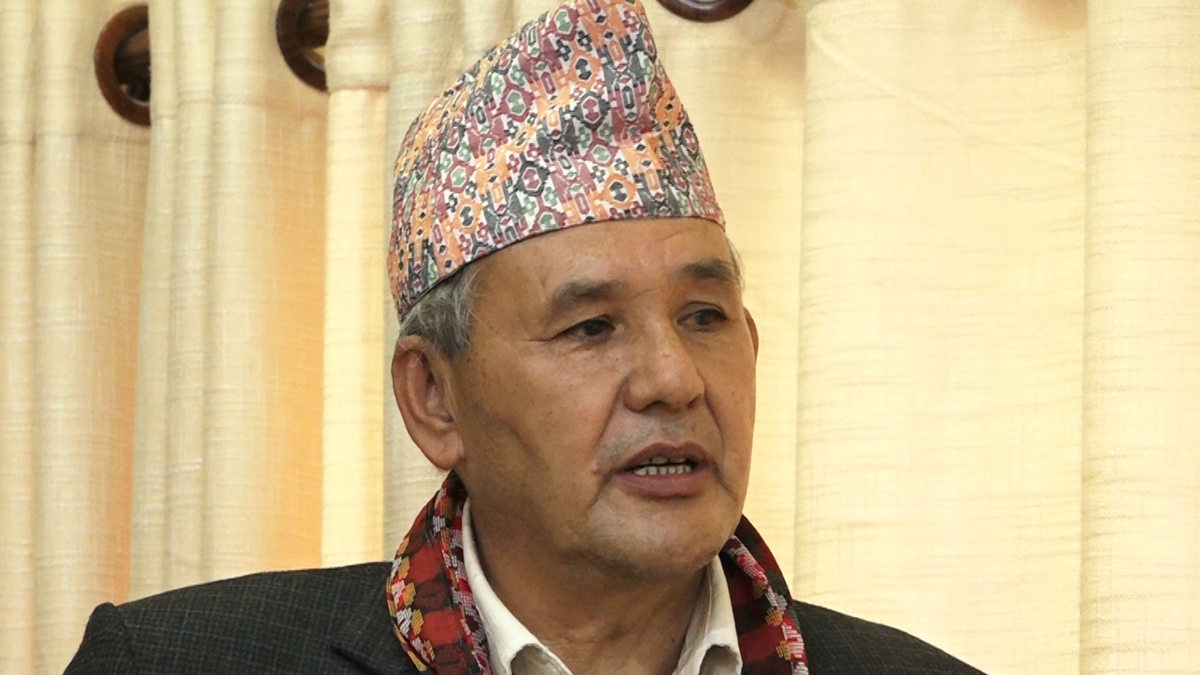
Minister for Health and Population Bhawani Prasad Khapung asserted that it is the responsibility of the State to ensure a dignified and participatory life to the persons living with disabilities (PWD).
At an interaction organized by the Epidemiology and Disease Control Division under the Ministry of Health and Population (MoHP) on the occasion of 31st International Day of Persons with Disabilities here today, Minister Khapung argued that society without inclusiveness would never be a civilized and developed one.
Stating that PADs were bereft of ‘inclusiveness’, he urged the concerned authorities to take into account PWDs while taking forward health and development related programmes. He illustrated the contributions of PWDs in the development of the country.
Similarly, Secretary at the MoHP Dr Roshan Pokharel said that Nepal as a signatory to the convention on the PWDs, it should ensure inclusive healthcare services, rehabilitation and support materials for the PWDs. Echoing with the Minister, he appealed all to keep PWDs in the centre stage while formulating and implementing health sector related programmes and projects.
Division’s Director General Dr Dipendra Raman Singh called for cooperation from all quarters to rehabilitate the PWDs, stating that the government’s efforts alone would not contribute to the rehabilitation of the PWDs. He spoke of the need to run door-to-door campaign quarterly to update each citizens about their health status.
Director of the Division, Dr Chumanlal Das, highlighted the need to prioritize healthcare services to the vulnerable groups among the PWDs.
According to him, campaign to make Nepal’s healthcare system disability inclusive was afoot so that healthcare services to PWDs could be ensured in the rural areas. He shared that instructions were given to make new physical infrastructures disability-friendly for the PWDs to avail public and healthcare services easily.
The PWDs need easy access to health service as they are most vulnerable to diseases like diabetes and malnutrition, said Dr Prasanna Napit, Chief of the Leprosy Control and Disability Management Section under the Division.
They are likely to contract diabetes three times more, and children with disabilities have two times possibilities of being suffered from malnutrition.
Six percent of them have extremely low energy efficiencies, according to a demographic and health survey carried out in Nepal. Similarly, 23 percent have moderate energy efficiencies. Also, 80 percent of them lack access to a rehabilitation service, 64.8 percent to health service, and 29.5 percent to health service.
In Nepal, 45,638 disabled people have been rehabilitated, and 2,163 have got disability identity cards.
The Day is being observed across the globe including Nepal today with the slogan of ‘Transformative solutions for inclusive development: The role of innovation in fuelling an accessible and equitable world’.
- Nepal’s Tapas Adhikari Honored with Global Ambassador Award 2024
- India Warns Canada of Further Strain Over Alleged Campaign Targeting Sikh Activists
- Adani Group Denies Bribery Allegations as “Baseless,” Reaffirms Commitment to Compliance
- Revenue Collection Increases by 17% in Q1 of FY 2024/25, but Misses Target

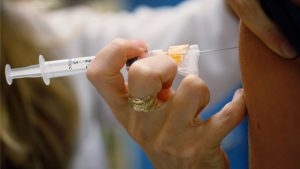
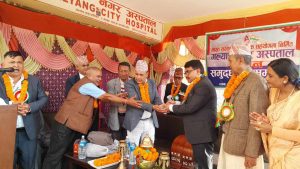
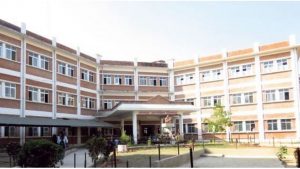
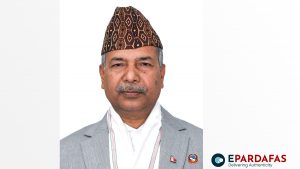
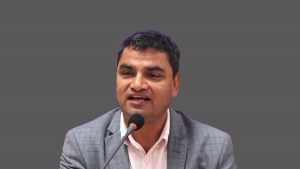




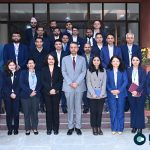

Comments